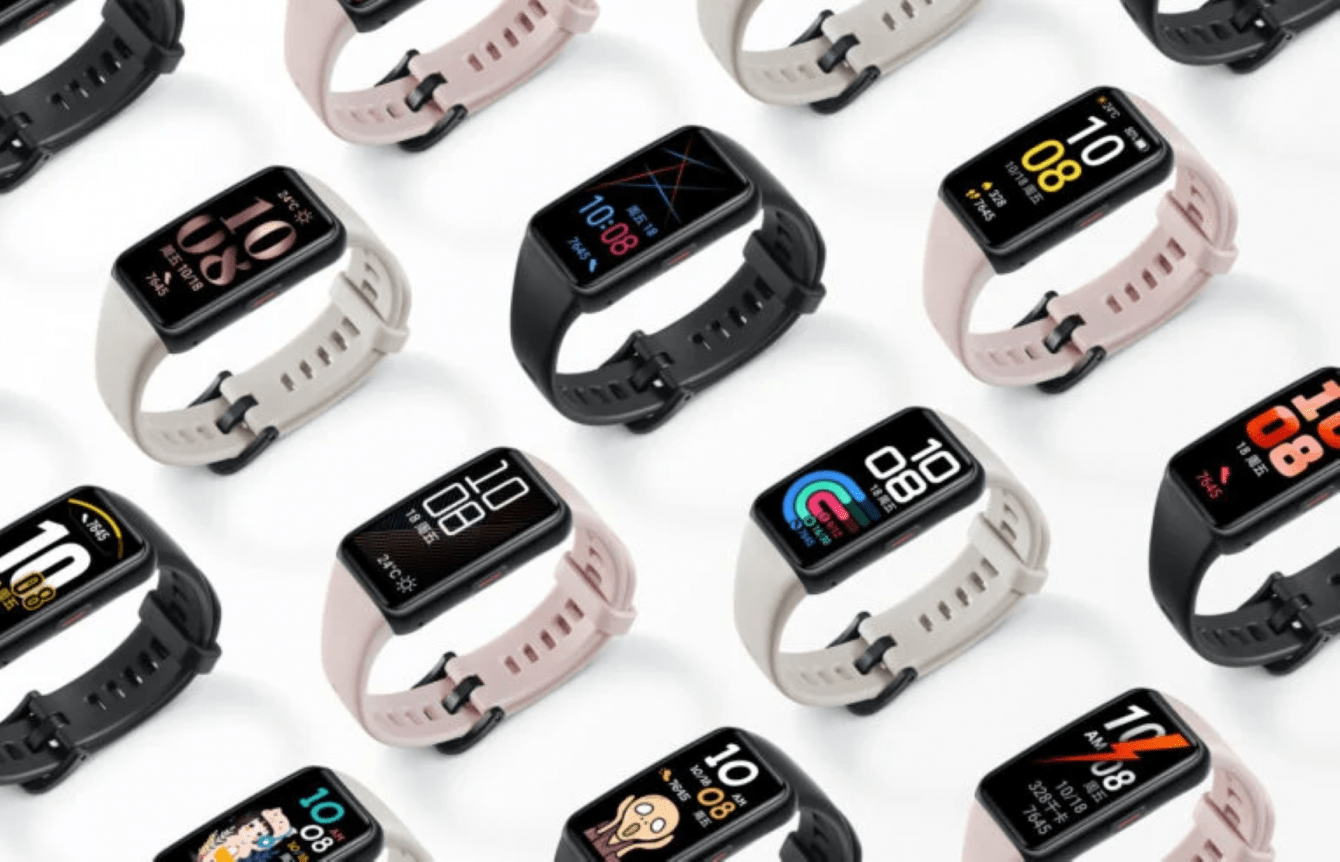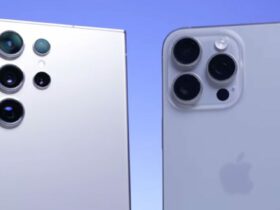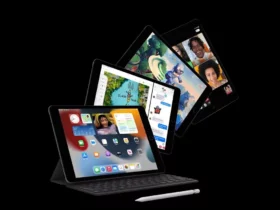How can wearables affect our lives and affect us both individually and as a society?
In just a few years, wearable technology has gone from being non-existent to being everywhere. Due to this sudden rise in popularity, wearables have the potential to change our lives and society, for better or for worse. Because they are so new, it’s hard to say what effects they will have, but we can speculate on the basis of our current knowledge.
Will they help improve our health?
Many wearable devices offer the option of monitor your physical activity and store it for later viewing like the widespread HONOR Band 5 available on the HONOR store. This can be a great benefit, allowing us to set short and long term goals and track our progress. By receiving real-time notifications about our activity, as a reminder to stretch your legs, wearables can also serve as a source of encouragement and motivation.
On the other hand, there is no guarantee that people will continue to use wearables over time. They are quite new and exciting at first, but a study has shown that approx 30% of people have stopped using them because they didn’t find them useful or they just got tired of them.
Additionally, many wearable devices feature Built-in heart rate monitors which provide real-time heart rate readings. While there have been cases where this feature has helped save lives, it is important to note that these are not medical devices and should not be used to diagnose or treat any health problems. Many have also been shown to incorrectly measure heart rate, especially during exercise.

The security of your information
Many wearable devices they tend to have little or no security measures to keep their data safe. The fact that most of the data is not encrypted and that most of these devices use Wi-Fi or Bluetooth connections to transmit data means that cybercriminals can get their hands on it quite easily.
It is important to consider how this information becomes big data for companies and governments to collect and use. This means, whether you like it or not, your tracked information could be used for marketing or healthcare purposes. There are positive ways this information could be used, but as with all big data there is also the possibility that it can be misused.
At the moment, most of the data available via wearables is not valuable enough to be pursued by hackers. But as wearables and their capabilities continue to evolve, they could become higher priority targets.
What does the future hold for wearables?
Numerous industries are developing new and innovative types of wearable technology, particularly in the health sector, where they are looking to step beyond fitness trackers to create health care trackers. These could be used to monitor things like blood pressure, vital signs, or blood sugar levels for diabetics. Devices such as smart hearing aids and glasses that measure visual performance are also becoming available to both medical professionals and the general public.
Other devices such as pet trackers, smart jewelry, and AR / VR headsets continue to grow and gain momentum. There is a lot of potential for wearable technology right now. It will be interesting to see where things go from here and how they continue to affect us both individually and as a society.















